Next Friday, April 27th, is the National Day of Silence, when thousands of students across the country take a vow of silence to call attention to the silencing effect of anti-LGBTQ+ bullying and harassment in schools. English teacher Mr. Wanninger wanted to share his own reflections about the Day of Silence.
Outside my classroom door I have a poster with a quotation from Ralph Waldo Emerson: “To be yourself in a world that is constantly trying to make you something else is the greatest accomplishment.” This quote inspires me, and I have always tried to convey to students that they should strive to be true to themselves and embrace their individuality. But living our truth is not always easy because, as Emerson says, the world seems to work against people who don’t conform to society’s norms. In all different ways, from the way students dress to the ways they socialize, many teenagers face the constant tension between trying to be individuals and trying to fit in.
If you have ever struggled to be true to yourself in the face of social pressure, then you know what it is like to feel silenced.
For LGBTQ+ students, this pressure can often seem overwhelming. For many of these students, silence becomes the best strategy for getting through life. When faced with potential negative reactions to coming out, many students feel the need to bury a part of their identity and live part of their lives in silence.
Even in today’s society–where acceptance of LGBTQ+ people seems to be a given among younger people, where same-sex-marriage has become the law of the land, and where celebrities and athletes coming out no longer seems like a big deal–even in such accepting times, students who identify as LGBTQ+ have to navigate a lot of obstacles. They are still seen as outside the norm, and society still tends to try to silence things that aren’t the norm. Many teenagers have families that view homosexuality as wrong or immoral; many teenagers attend churches that view homosexuality as a sin. Transgender and gender non-conforming teens face an even more hostile world because other people simply lack understanding. So while much of society, including students’ friends, might view being gay or trans or asexual or bi or queer as no big deal, these kids still have to live in the world–a world where they may still be viewed as unnatural or immoral, a world where they may still be attacked or harassed for trying to be true to their authentic selves. And so they choose silence over truth. Silence over self.
Growing up gay in a small midwestern town can be difficult. I know because I grew up gay in a small midwestern town. I know what it feels like when a portion of society thinks that an essential part of your identity is wrong or unnatural. I know what it is like to hear people saying that being gay is a choice, when you know in your heart that this is just something you happen to be. And I know what it is like to struggle with trying to hide who you are, to feel forced to choose silence.
Back in high school, I really tried to embrace the idea of individuality and nonconformity. I retroactively describe my high school self as an “alterna-teen”: My friends and I wore unconventional clothes, had weird hairstyles, and listened to alternative music that no one else in the school had heard of. We worked hard to not belong to the mainstream and to not let the small and closed-minded town define us. But as much as I may have stood out as an individual, I was still silent about a part of who I was because I feared judgment. I knew what lots of people in my small town would have thought about me, and even though I knew rationally that being gay was just a natural part of who I was–like being left-handed or red-haired–I was not emotionally ready to accept this part of my identity. So for all of my years before college, I felt that I couldn’t be my full, true self. I felt silenced. Then, after my freshman year in college, I realized that I could no longer suppress this truth about myself, so I came out to my friends and family, who, by the way, were and still are extremely supportive and loving, which makes me very lucky. Finally, it felt like my silence was broken.
My own silence when I was younger was obviously partly affected by the times; when I was in high school, attitudes were very different, and a lot of progress has been made since then, as I mentioned before. Many LGBTQ+ students at LFHS now fully and happily embrace who they are and find acceptance living proud and un-silenced. But not everyone, of course.
Many students, whoever they are, struggle with their identities every day. Many students suffer depression, anxiety, and even suicidal thoughts because society has burdened them with feeling the need to hide or suppress their true selves. This imposed silence is toxic to the soul.
The Day of Silence is about empathy. It is about knowing what it feels like, no matter your sexual orientation or gender identity, to have to hide part of yourself and about connecting your story to those of others. The Day of Silence calls attention to the fact that many students still feel like they cannot be themselves, and it shows students who are struggling that they are not alone.
People choose to be silent for one day to stand in solidarity and empathy with anyone who feels like they need to be silent themselves and to create hope that one day we can all end the silence.

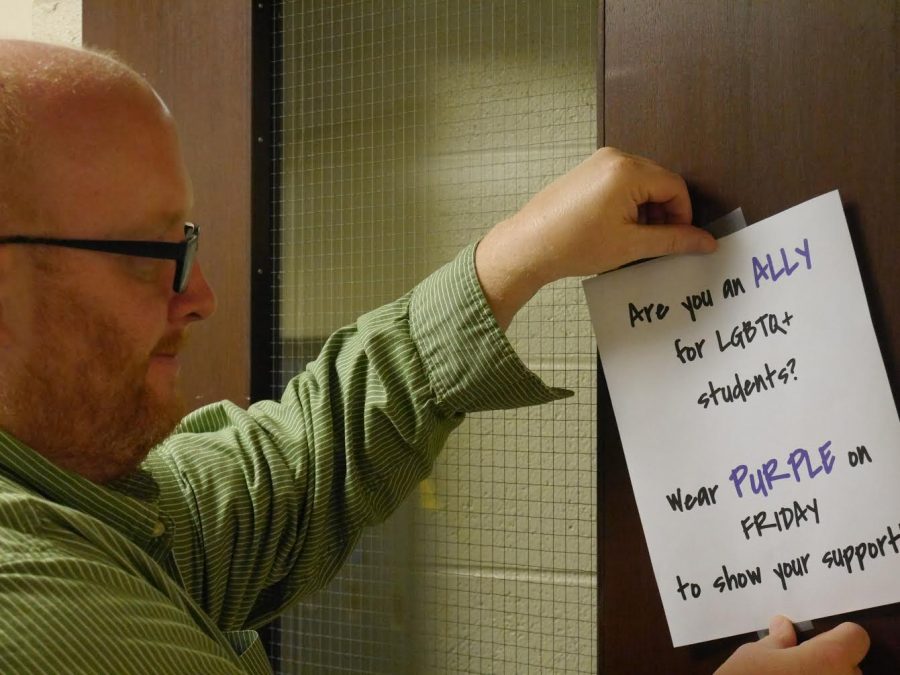

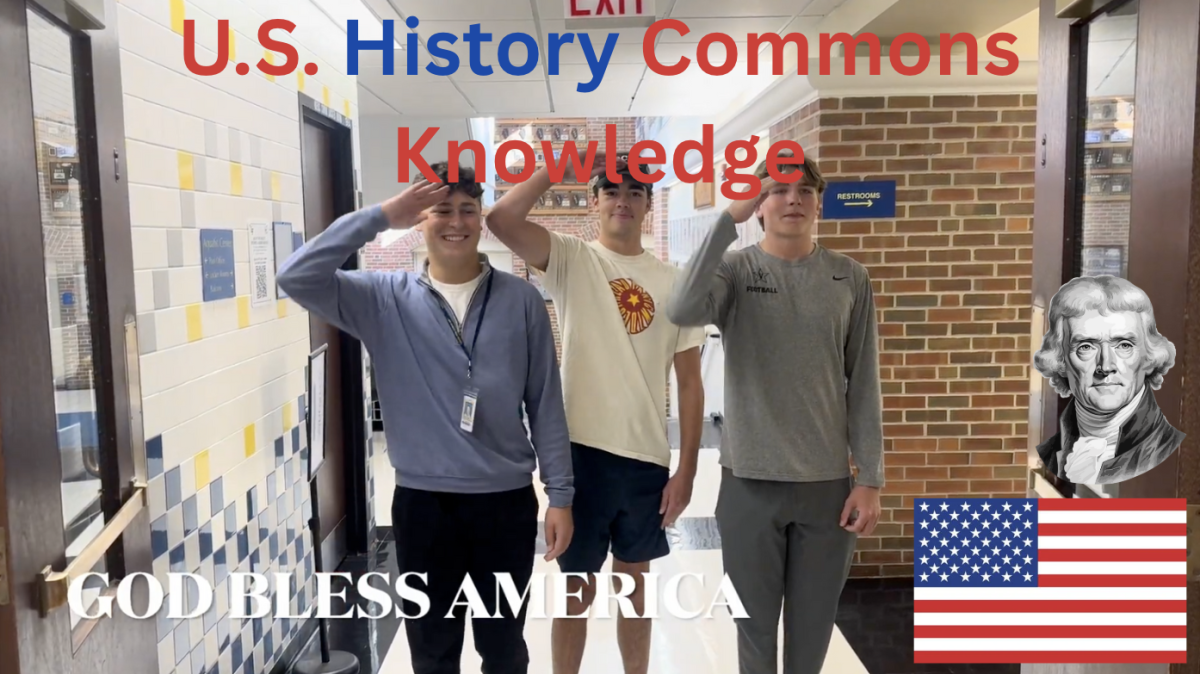


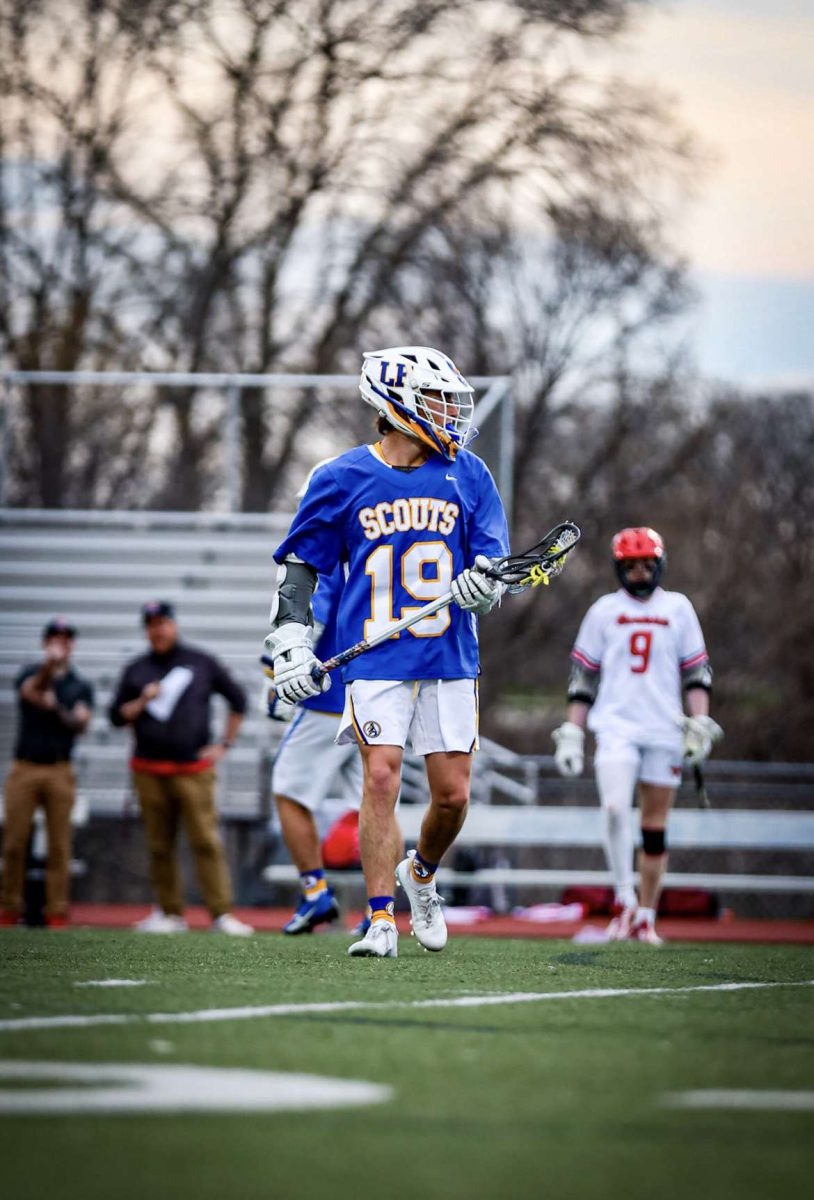


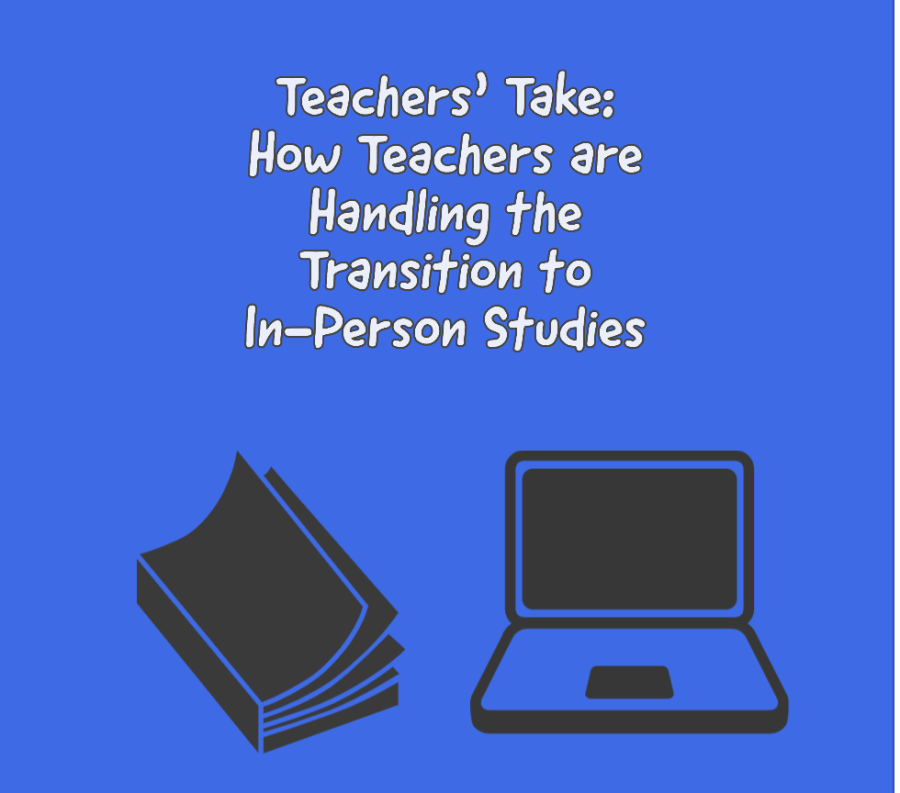

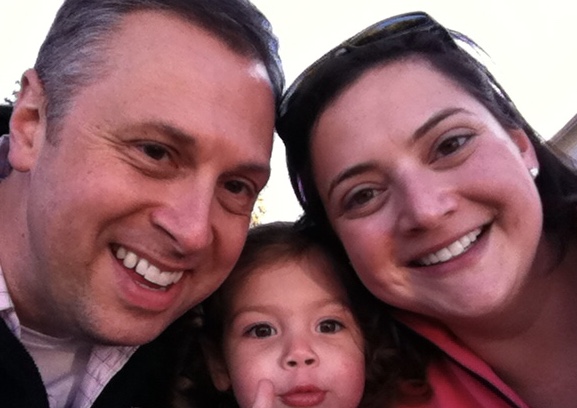
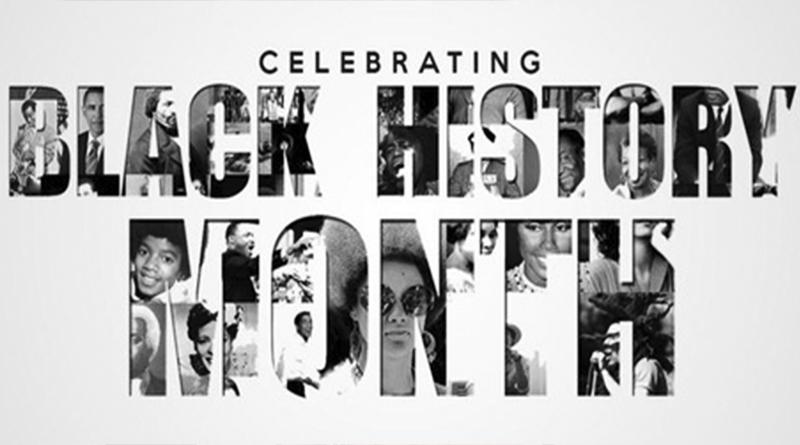
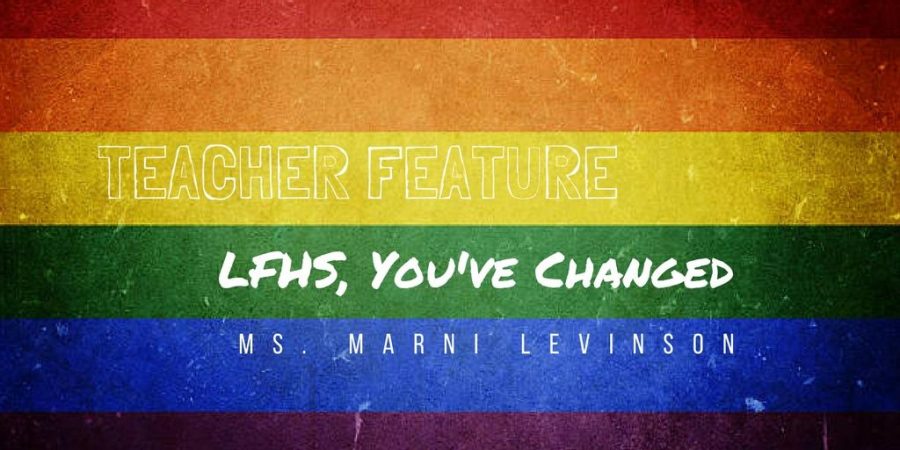
Trent Wallin • Apr 22, 2018 at 9:39 pm
Excellent column DJ Wang, you were an inspiration years ago, and you’re still inspiring today. Keep being an amazing human!